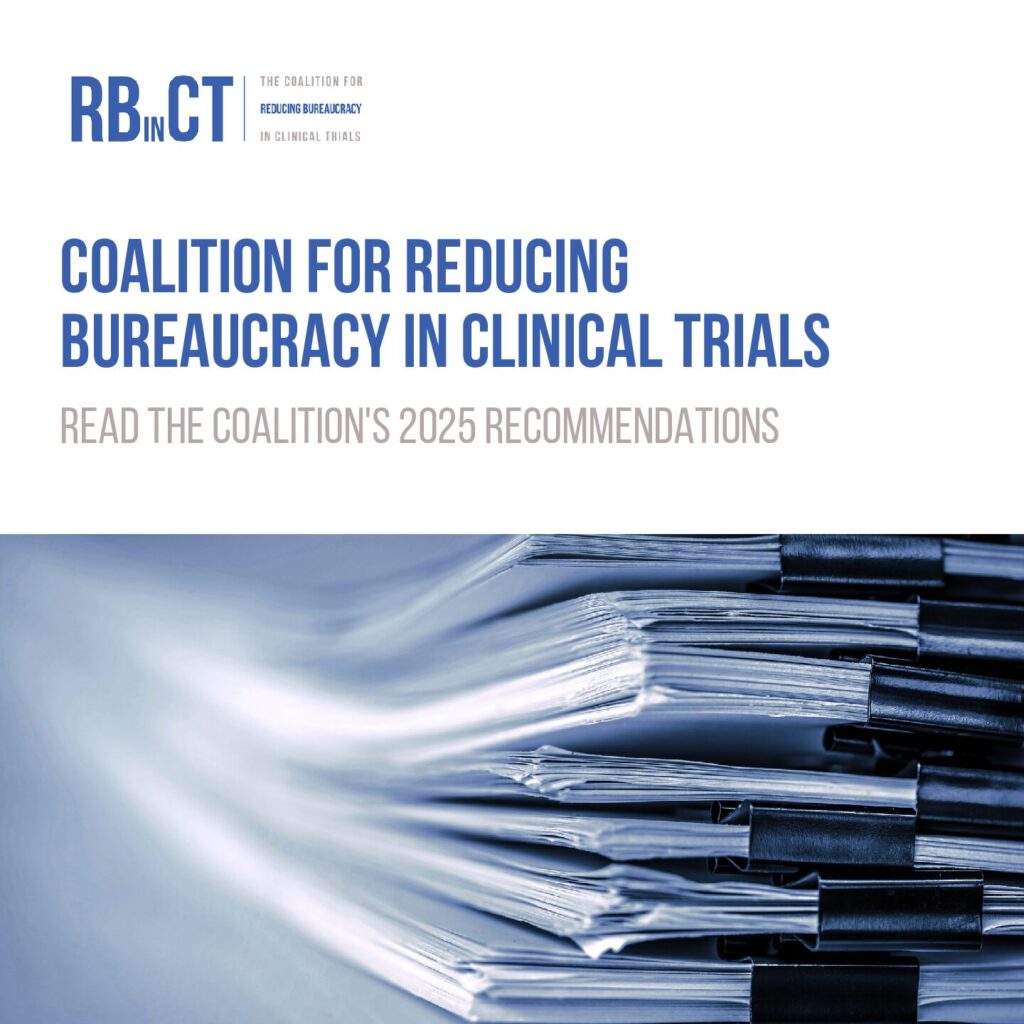Share this Page:
The use of two medicines together (combination therapies) for previously untreated patients with RCC that has spread (metastatic RCC) is fast becoming standard treatment for these patients. A study called CheckMate-214 showed that a combination of the immune checkpoint inhibitors nivolumab plus ipilimumab helped patients with intermediate or high risk RCC live longer than those patients who were on sunitinib and reduced the risk of death by 32%.
This electronic poster presented long-term data from the CheckMate-214 trial, with a focus on the probability of survival at various timepoints after the start of treatment (conditional survival). Patients were followed for an average of 67.7 months.
The CheckMate-214 study compared the nivolumab/ipilimumab combination to sunitinib in 1096 patients with advanced clear cell RCC.
After 5 years of follow-up, the nivolumab/ipilimumab combination continued to provide survival benefits compared to sunitinib in patients with advanced clear cell RCC. The study also showed that after 3 years of treatment with nivolumab/ipilimumab, the probability of remaining alive 2 years later was 81% for all patients, 79% for intermediate or poor risk patients and 85% for favourable risk patients. Also, after 3 years of treatment, the probability of the cancer not returning within the next 2 years was between 85-90% for all risk groups. For patients who were still responding to nivolumab/ipilimumab treatment at 3 years, the probability of continuing to respond for an additional 2 years was again between 85-90% for all patients.
No new side effects were detected during the longer follow-up.
The long-term follow-up in this study showed the durable survival benefits of nivolumab/ipilimumab compared with sunitinib, and the increased probability of survival and response to treatment in people with advanced RCC after 3 years of treatment.














